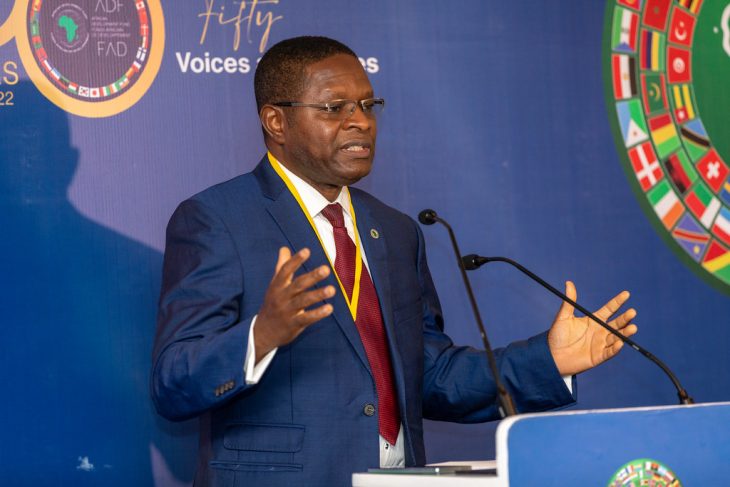
Malawi’s Economy on the Rise: AfDB Seal of Approval
Key Business Points
- Invest in Diversification: Malawi’s economy is expected to grow, but the country must diversify its exports and industries to reduce reliance on foreign trade and global value chains.
- Enhance Climate Resilience: Businesses and governments must prioritize climate resilience measures to mitigate the impact of climate-related shocks on agricultural production and infrastructure investments.
- Foster Intra-Regional Trade: Malawi can capitalize on opportunities to deepen intra-regional trade and economic integration to support economic growth and development.
The African Development Bank (AfDB) Group has released its 2025 African Economic Outlook, which projects a positive economic outlook for Malawi despite downside risks. The bank expects real gross domestic product to rise to 3% in 2025 and 3.8% in 2026, driven by a recovery in agriculture and tourism, as well as gains from mining investments. Agriculture and mining are key sectors that will drive Malawi’s economic growth, and investors should consider opportunities in these areas.
The outlook highlights the need for accelerated structural reforms, strengthened fiscal discipline, and enhanced climate resilience measures to sustain growth momentum. The bank also notes that addressing risks such as US reciprocal trade tariffs, aid cuts, and climate-related shocks is crucial to maintaining fiscal stability and supporting consumer spending and investment. Investors should be aware of these risks and consider strategies to mitigate them.
Malawi’s economic growth has averaged 2.2% in recent years, falling short of the recommended 10.6% required to achieve lower-middle-income status by 2030. The country’s long-term development strategy, Malawi 2063, aims to reach a GDP per capita of around $1,086 (K1.9 million). However, the current administration has been navigating through economic turbulences since 2020, with persistent pressures on key indicators such as economic growth, exchange rates, and inflation.
The Minister of Finance and Economic Affairs, Simplex Chithyola-Banda, acknowledged that the economic landscape has not evolved as anticipated, with structural shifts in trade and production posing challenges. Businesses and investors must adapt to these changes and consider opportunities in emerging sectors. By prioritizing diversification, climate resilience, and intra-regional trade, Malawi’s business community can capitalize on the country’s growth potential and contribute to achieving the goals set out in Malawi 2063.
What are your thoughts on this business development? Share your insights and remember to follow us on Facebook and Twitter for the latest Malawi business news and opportunities. Visit us daily for comprehensive coverage of Malawi’s business landscape.
- Malawi’s K1.2tn Gold Smuggling Scourge: A Threat to Business Growth and Economic Stability - February 1, 2026
- Revitalizing Malawi’s Economy: Lower Food Prices Signal New Growth Opportunities - January 31, 2026
- Revitalizing Malawi’s Economy: Tackling Climate Related Underfunding for Sustainable Growth - January 30, 2026
